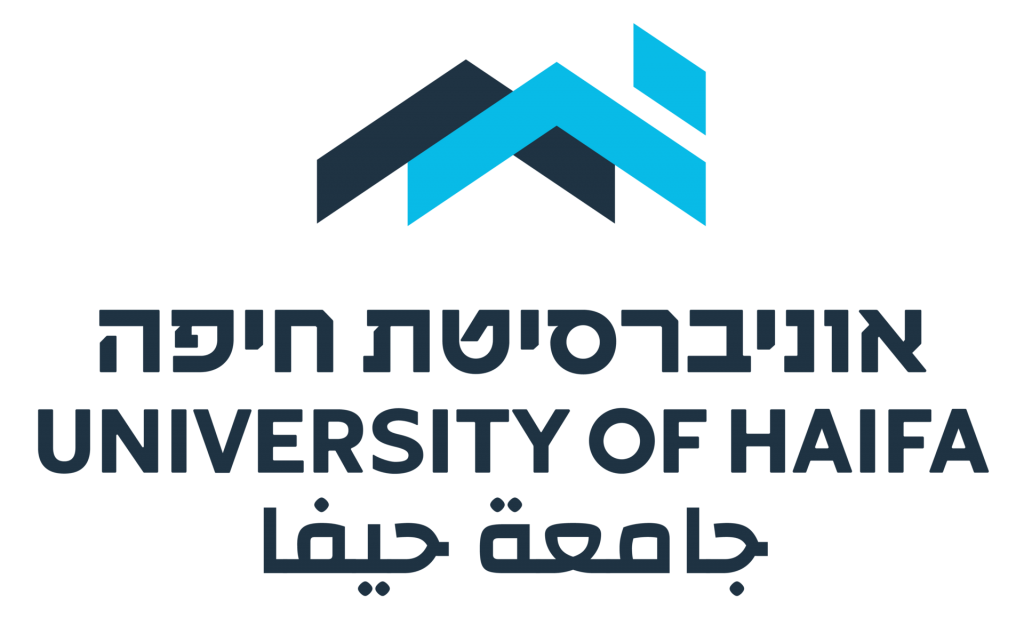Research
Current projects
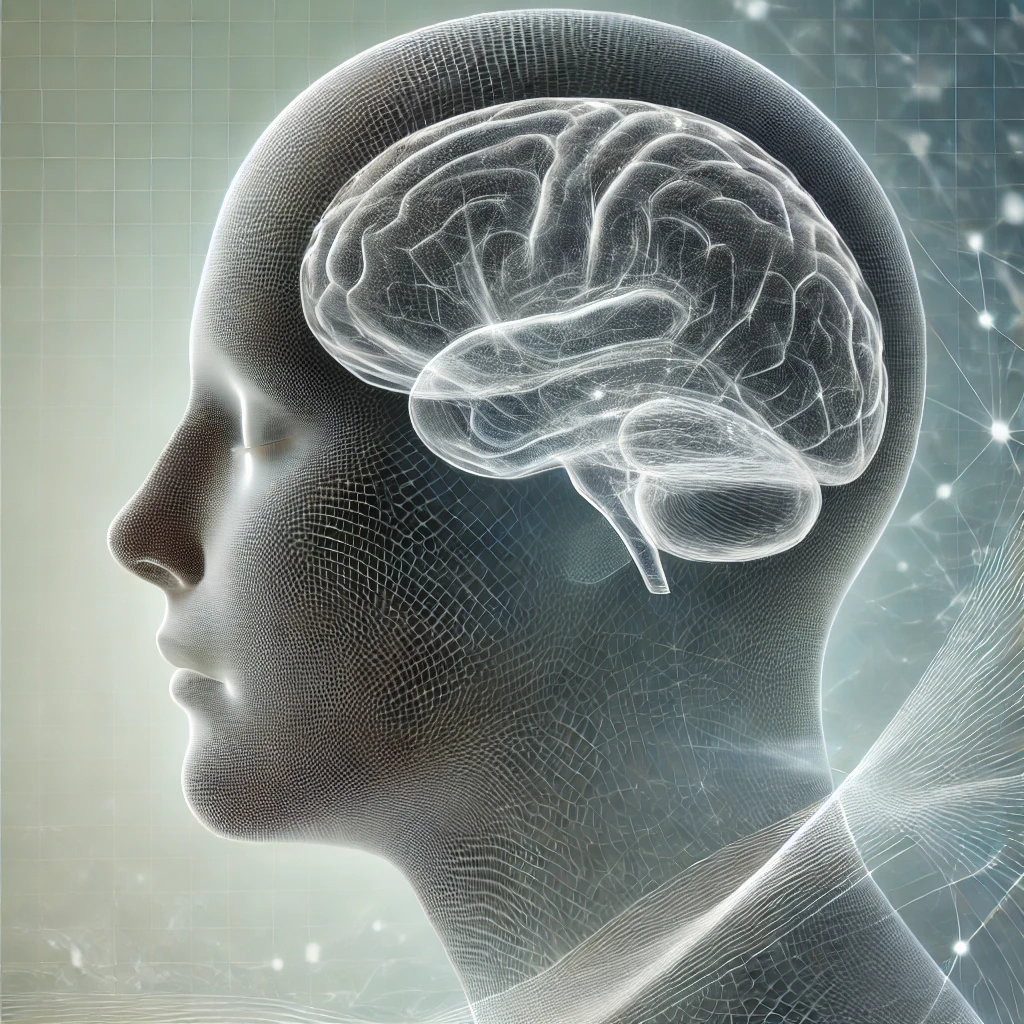
The Role of Sleep in Mediating Memory Consolidation in Young Adults with ADHD
The National Institute for Psychobiology in Israel funding 2025-2027
Attention-Deficit/
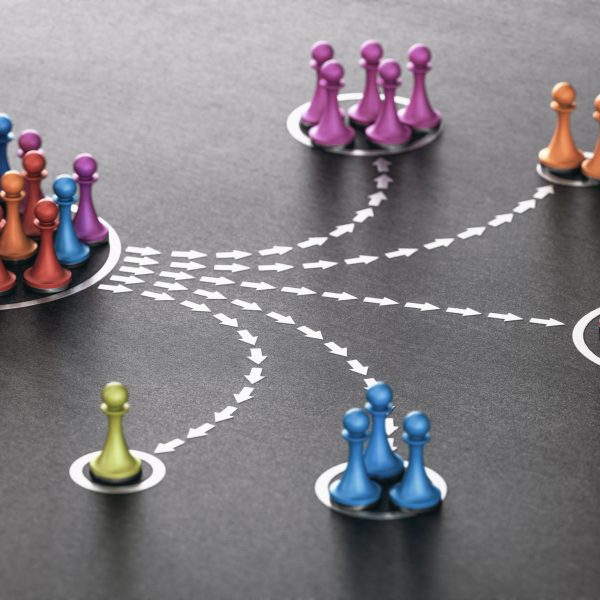
Exploring Perceptual Category Learning in Developmental Dyslexia
THE ISRAELI SCIENCE FOUNDATION 2022-2026
Complex categorization plays a significant role in phonetic category learning by treating acoustically distinct utterances as functionally equivalent. In particular, the ability to learn to perceptually categorize speech sounds lays the foundation for the emergence of phonological skills. Therefore, the investigation of perceptual category learning in developmental dyslexia (DD) could provide important insights into the etiology of the disorder, in which phonological impairments are ubiquitous. Extant research shows that humans have multiple (i.e., explicit and procedural) category learning systems with distinct neural substrates and computational specialties and recent evidence suggests that the procedural system is involved in learning to categorize the sounds of languages

Overcoming Habits by Stimulating the Brain
JOY VENTURES FUNDING 2021-2022
Habits may be debilitating in many aspects of everyday behavior, and overcoming them may improve individuals’ well-being. Habitual behavior underlies many harmful tendencies, ranging from emotional eating to drug abuse and addiction. A promising intervention technique, which was recently demonstrated to modulate neural activity and in turn facilitate cognitive functions is transcranial direct current stimulation (tDCS). tDCS is a noninvasive brain stimulation method that induces polarity-dependent alterations in cortical excitability. Pertinent to the current proposal, tDCS can be applied to modulate areas involved in drug-related attention bias, even in regions that lie within the medial surface of the cortex, such as the anterior cingulate cortex.

The dynamics of procedural auditory category learning in developmental dyslexia
Binational Science Foundation funding 2016-2020
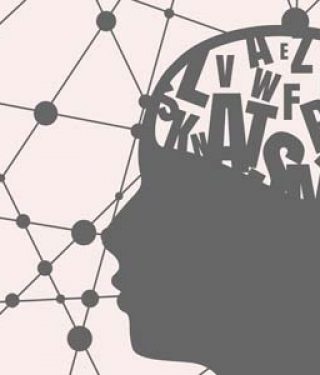
Developmental trajectories of acquisition consolidation and retention of auditory category learning
Binational Science Foundation-National Science Foundation funding 2018-2022
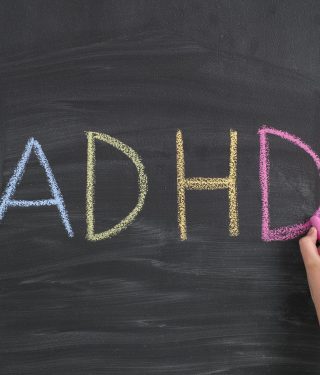
Exploring the role of feedback timing on acquisition and consolidation of procedural learning in ADHD
The National Institute for Psychobiology in Israel funding 2018-2020
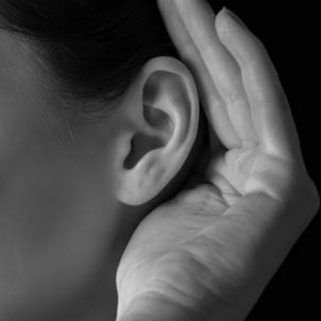
How individuals with neurodevelopmental disorders cope with speech variability?
Speech perception is highly variable due to different talkers, different contexts and speaker’s rate. To complicate things further speech perception is sometimes delivered under distorted listening conditions. In the current project, we are studying the influence of contextual information on acoustic phoneme categorization in developmental dyslexia and autism.

